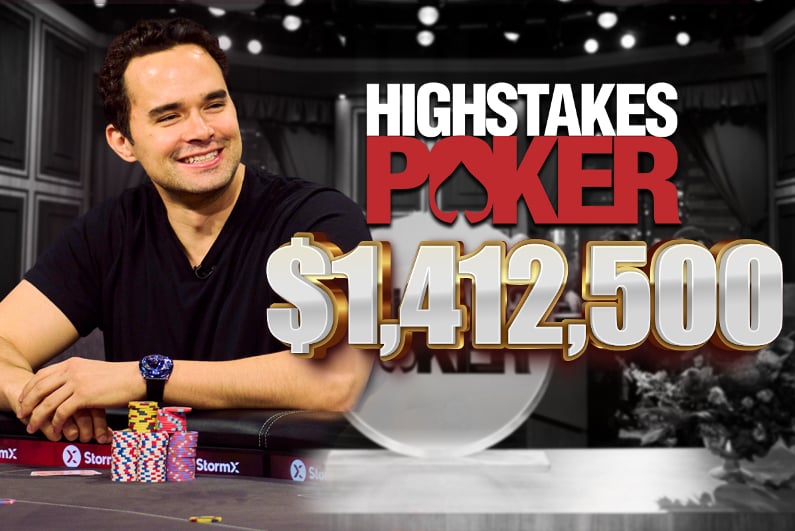30-second summary
- Regulator says children are susceptible to “embedded” gambling through loot boxes
- Rising popularity of esports is a “natural feed” into gambling for under-30s
- Increase in penalties during 2017-2018 compared to previous year
Under-30s at risk
An independent gaming regulator in Tasmania has voiced concerns that children are being exposed to gambling through loot boxes in video games.
The Tasmania Liquor and Gaming Commission pointed out new threats in its 2017-2018 annual report. The regulator highlighted that video games expose children “embedded” gambling through loot boxes, according to the Advocate.
A second problem that the Commission noted was the increasing popularity of esports. According to the regulator, they provide a “natural feed” into gambling among the under-30 population. A third threat that it noted was cryptocurrency because of concerns over its use in unregulated online gaming.
During 2017-2018, the Tasmania Liquor and Gaming Commission imposed 34 disciplinary actions on 25 operators and holders of licensed premise gaming licenses. It also issued 176 verbal or written warnings for breaches of regulations. One license holder was fined AU$10,205 (£5,616; $7,288) after permitting a self-excluded bettor to withdraw money on three separate occasions.
Different views on loot boxes
The Tasmania Liquor and Gaming Commission is the latest to voice its concerns over the use of loot boxes in online video games and the threat they present to children.
This is an area that Vegas Slots Online has covered extensively. Last April, the Dutch Gambling Authority started the ball rolling by giving four game developers eight weeks to fix illegal in-game loot boxes that had been found to have violated Dutch gambling laws.
This was followed up a few days later when the Belgium Gaming Commission deemed loot boxes as illegal. It found that three online video games had violated its laws.
In September, the Gambling Policy Division of the Irish Department of Justice became one of 14 countries to sign an international declaration over its concerns with loot boxes in popular video games and their impact on children. The report noted that people with gambling addictions could start their habit as young as 9 years old, according to 2015 research from the University College Dublin.
However, while some believe that loot boxes constitute gambling, not everyone thinks this is the case.
The CEO of Electronic Arts (EA) and France’s gambling regulator don’t consider loot boxes to be a form of gambling. In May, Andrew Wilson, CEO of EA, stated: “We don’t believe that FIFA Ultimate Team or loot boxes are gambling, firstly because players always receive a specified number of items in each pack, and secondly we don’t provide or authorize any way to cash out or sell items or virtual currency for real money.”
Interestingly, despite a ban on loot boxes in several jurisdictions, the UK Gambling Commission (UKGC) remains on the fence.
In November, the gambling regulator released a report focusing on the impact of loot boxes on young children. It concluded that more research was needed, particularly among parents. The report went on to note that 31% of children aged between 11 and 16 years of age had opened a loot box in the past year with the aid of in-game or real-world currency. However, it also noted that it wasn’t clear how many children made the purchases themselves.



